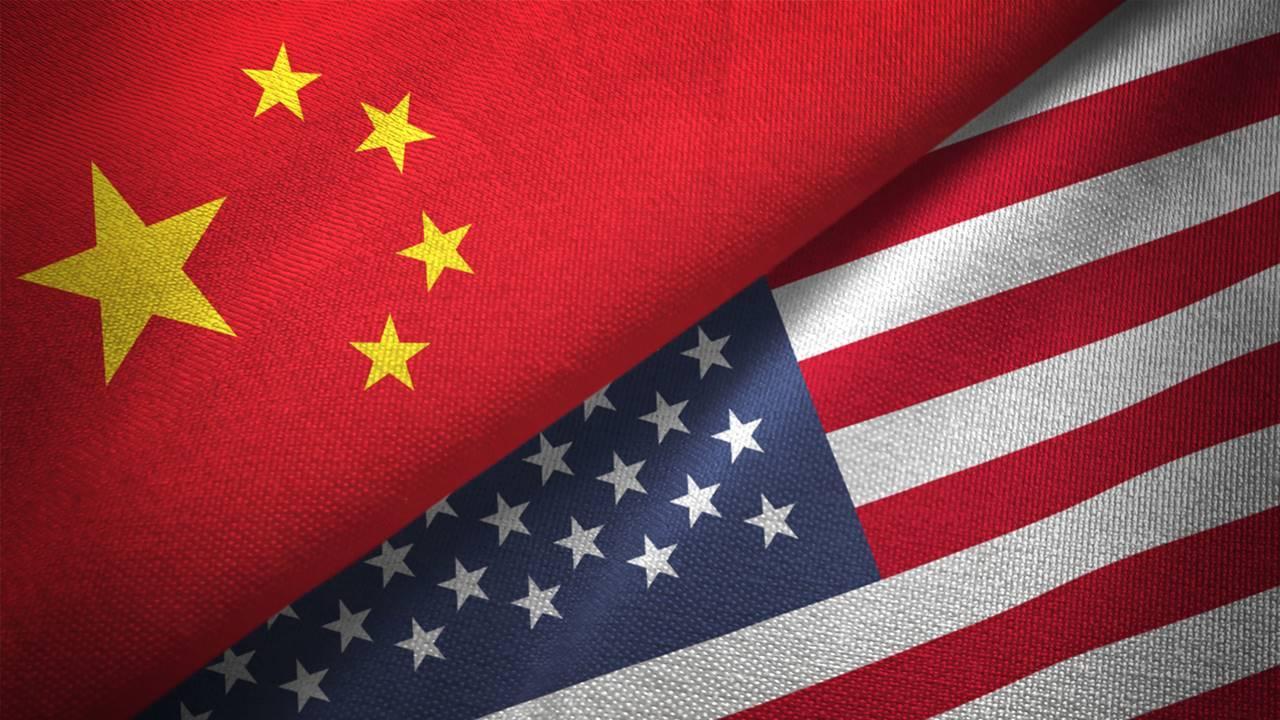Huawei Technologies Ltd., China's first global tech brand, is at the centre of conflict between Washington and Beijing over technology and security. US officials say Huawei is a security risk and might facilitate Chinese spying, an accusation the company denies

Image used for representational purpose. Pic/iStock
China's government accused Washington on Tuesday of pursuing "technology hegemony" following news reports the United States might step up pressure on tech giant Huawei by blocking all access to American suppliers.
ADVERTISEMENT
The possible move, reported by Bloomberg News, The Financial Times and The Wall Street Journal, would tighten restrictions imposed in 2019 that limit Huawei's access to processor chips and other technology. The company, which makes network equipment and smartphones, was allowed to buy some less-advanced components.
Huawei Technologies Ltd., China's first global tech brand, is at the centre of conflict between Washington and Beijing over technology and security. US officials say Huawei is a security risk and might facilitate Chinese spying, an accusation the company denies.
"China is gravely concerned about the reports," said a foreign ministry spokeswoman, Mao Ning. She accused Washington of "over-stretching the concept of national security and abusing state power" to suppress Chinese competitors. "Such practices are contrary to the principles of market economy and are blatant technological hegemony," Mao said.
Mao said Beijing would "defend the legitimate rights" of its companies but gave no indication how the government might respond. Beijing has made similar declarations after past US action against its companies but often does nothing.
The ban on sales of advanced US processor chips and music, maps and other services from Alphabet Inc.'s Google unit crippled Huawei's smartphone business. The company sold its low-end Honor smartphone brand to revive sales by separating it from the sanctions on its corporate parent.
Also read: US 'closely monitoring' India-China border situation: State Dept
The Commerce Department agreed to grant export licenses to US companies to allow them to sell less-advanced chips and other technology to Huawei that was deemed not to be a security risk. That followed complaints suppliers would lose billions of dollars in annual sales. The Biden administration is considering no longer granting such licenses, although no decision has been made, the news outlets reported, citing unidentified people familiar with official deliberations.
Huawei scrambled to remove US components from its network and other products and has launched new business lines serving factories, self-driving cars and other industrial customers. The company hopes those are less vulnerable to US pressure. Huawei says its business is starting to rebound.
"In 2020, we successfully pulled ourselves out of crisis mode," Eric Xu, one of three Huawei executives who take turns as chairman, said in a December letter to employees. "US restrictions are now our new normal, and we're back to business as usual." Last year's revenue was forecast to be little-changed from 2021 at 636.9 billion yuan (USD 91.6 billion), Xu said.
This story has been sourced from a third party syndicated feed, agencies. Mid-day accepts no responsibility or liability for its dependability, trustworthiness, reliability and data of the text. Mid-day management/mid-day.com reserves the sole right to alter, delete or remove (without notice) the content in its absolute discretion for any reason whatsoever.
 Subscribe today by clicking the link and stay updated with the latest news!" Click here!
Subscribe today by clicking the link and stay updated with the latest news!" Click here!







